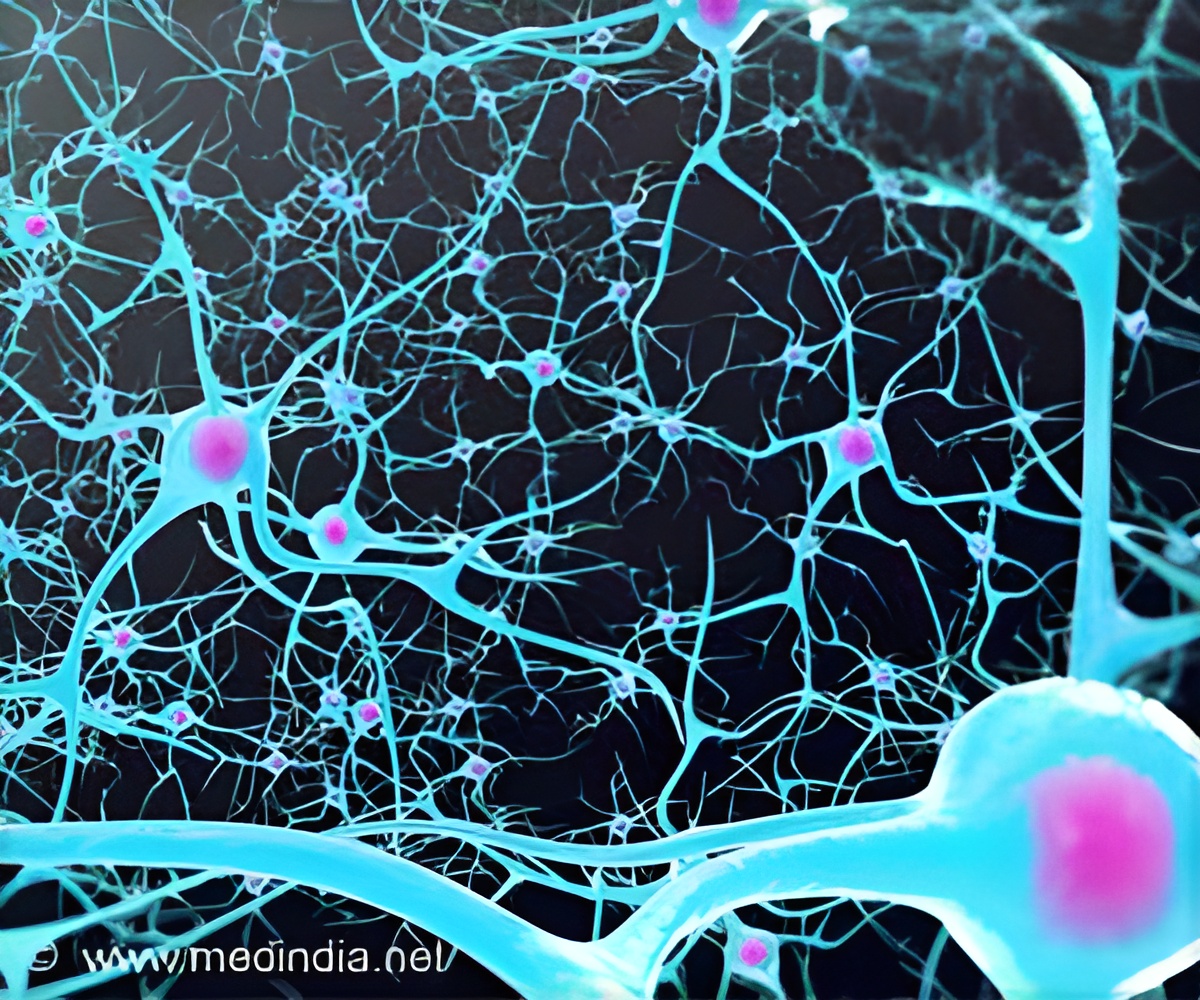
‘PhytoSERM has the potential to be an alternative to hormone therapy that is safe and efficacious for menopausal symptoms.’
Read More..Tweet it Now
“Our research has shown that the greater risk for Alzheimer’s in women is not because they live longer than men, but because the disease can start earlier in women, at midlife during their menopausal transition,” said Roberta Diaz Brinton, PhD, director of the University of Arizona Health Sciences Center for Innovation in Brain Science and Regents Professor of Pharmacology in the UArizona College of Medicine – Tucson.
Read More..
Women Undergoing Changes During Menopause
During the midlife menopausal endocrine aging transition, multiple Alzheimer’s risk conditions that are consistent with the early phase of the disease can emerge.Some women with menopausal symptoms such as hot flashes disrupted sleep and altered cognitive function, seek estrogen or hormone therapy, which can also reduce the risk of Alzheimer’s. But the fear of breast cancer leads many women to forego this approach.
To address this critical unmet need in women’s health, Dr. Brinton and her team will use the grant from the institute to test the safety and efficacy of PhytoSERM.
The “SERM” in PhytoSERM stands for selective estrogen beta receptor modulator which means it promotes estrogenic action in the brain without affecting reproductive tissue, including breasts and the uterus.
“PhytoSERM has the potential to be an alternative to hormone therapy that is safe and efficacious for menopausal symptoms and may reduce risk of Alzheimer’s later in life,” said Dr. Brinton, a member of the university’s BIO5 Institute.
Advertisement
Globally, there are 850 million women between the ages of 40 and 60. In the U.S., 45 million women are over the age of 55.
Advertisement
He had told, “Dr. Brinton and her team are leading the development of effective interventions to reduce the burden of age-related diseases and make a transformational impact on the health of millions of women.”
“This award further illustrates the University of Arizona Health Sciences’ strength in aging research and our commitment to addressing critical health challenges.”
Source-Medindia












